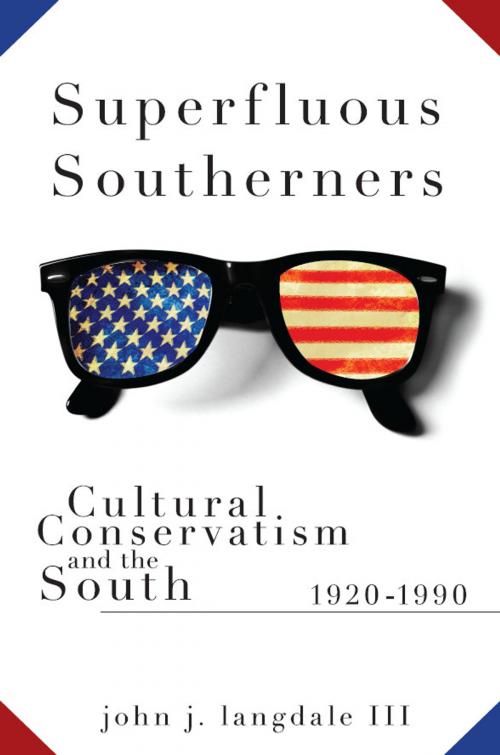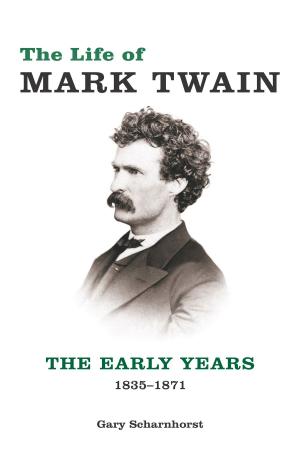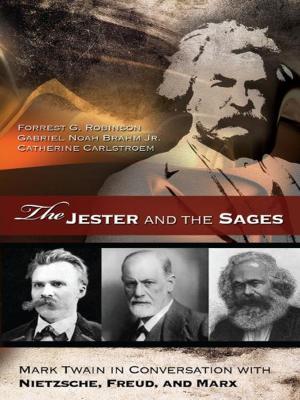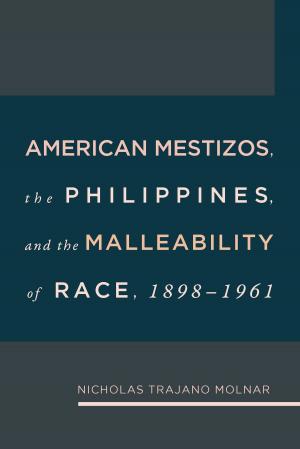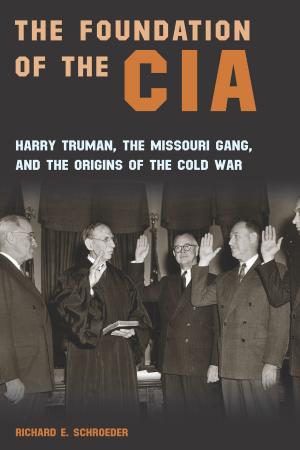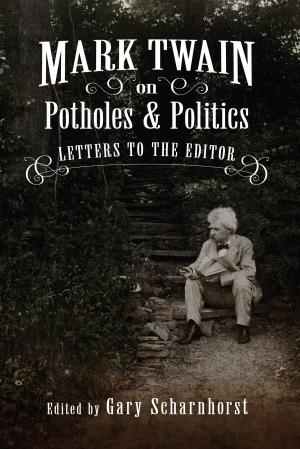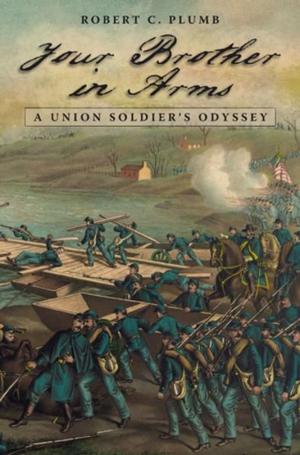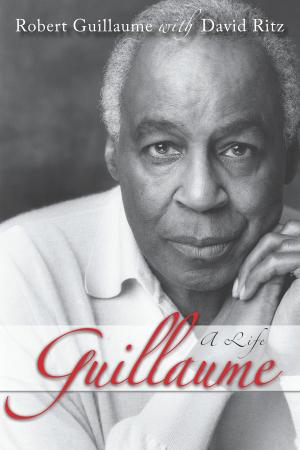Superfluous Southerners
Cultural Conservatism and the South, 1920-1990
Nonfiction, History, Americas, United States, Social & Cultural Studies, Political Science| Author: | John J. Langdale | ISBN: | 9780826272850 |
| Publisher: | University of Missouri Press | Publication: | November 1, 2012 |
| Imprint: | University of Missouri | Language: | English |
| Author: | John J. Langdale |
| ISBN: | 9780826272850 |
| Publisher: | University of Missouri Press |
| Publication: | November 1, 2012 |
| Imprint: | University of Missouri |
| Language: | English |
In Superfluous Southerners, John J. Langdale III tells the story of traditionalist conservatism and its boundaries in twentieth-century America. Because this time period encompasses both the rise of the modern conservative movement and the demise of southern regional distinctiveness, it affords an ideal setting both for observing the potentiality of American conservatism and for understanding the fate of the traditionalist “man of letters.” Langdale uses the intellectual and literary histories of John Crowe Ransom, Donald Davidson, and Allen Tate—the three principal contributors to the Agrarian manifesto I’ll Take My Stand—and of their three most remarkable intellectual descendants—Cleanth Brooks, Richard Weaver, and Melvin Bradford—to explore these issues.
Langdale begins his study with some observations on the nature of American exceptionalism and the intrinsic barriers which it presents to the traditionalist conservative imagination. While works like Louis Menand’s The Metaphysical Club have traced the origins of modern pragmatic liberalism during the late nineteenth century, the nature of conservative thought in postbellum America remains less completely understood. Accordingly, Langdale considers the origins of the New Humanism movement at the turn of the twentieth century, then turning to the manner in which midwesterners Irving Babbitt and Paul Elmer Moore stirred the imagination of the southern Agrarians during the 1920s.
After the publication of I’ll Take My Stand in 1930, Agrarianism splintered into three distinct modes of traditionalist conservatism: John Crowe Ransom sought refuge in literary criticism, Donald Davidson in sectionalism, and Allen Tate in an image of the religious-wayfarer as a custodian of language. Langdale traces the expansion of these modes of traditionalism by succeeding generations of southerners. Following World War II, Cleanth Brooks further refined the tradition of literary criticism, while Richard Weaver elaborated the tradition of sectionalism. However, both Brooks and Weaver distinctively furthered Tate’s notion that the integrity of language remained the fundamental concern of traditionalist conservatism.
Langdale concludes his study with a consideration of neoconservative opposition to M.E. Bradford’s proposed 1980 nomination as head of the National Endowment for the Humanities and its significance for the southern man of letters in what was becoming postmodern and postsouthern America. Though the post–World War II ascendance of neoconservatism drastically altered American intellectual history, the descendants of traditionalism remained largely superfluous to this purportedly conservative revival which had far more in common with pragmatic liberalism than with normative conservatism.
In Superfluous Southerners, John J. Langdale III tells the story of traditionalist conservatism and its boundaries in twentieth-century America. Because this time period encompasses both the rise of the modern conservative movement and the demise of southern regional distinctiveness, it affords an ideal setting both for observing the potentiality of American conservatism and for understanding the fate of the traditionalist “man of letters.” Langdale uses the intellectual and literary histories of John Crowe Ransom, Donald Davidson, and Allen Tate—the three principal contributors to the Agrarian manifesto I’ll Take My Stand—and of their three most remarkable intellectual descendants—Cleanth Brooks, Richard Weaver, and Melvin Bradford—to explore these issues.
Langdale begins his study with some observations on the nature of American exceptionalism and the intrinsic barriers which it presents to the traditionalist conservative imagination. While works like Louis Menand’s The Metaphysical Club have traced the origins of modern pragmatic liberalism during the late nineteenth century, the nature of conservative thought in postbellum America remains less completely understood. Accordingly, Langdale considers the origins of the New Humanism movement at the turn of the twentieth century, then turning to the manner in which midwesterners Irving Babbitt and Paul Elmer Moore stirred the imagination of the southern Agrarians during the 1920s.
After the publication of I’ll Take My Stand in 1930, Agrarianism splintered into three distinct modes of traditionalist conservatism: John Crowe Ransom sought refuge in literary criticism, Donald Davidson in sectionalism, and Allen Tate in an image of the religious-wayfarer as a custodian of language. Langdale traces the expansion of these modes of traditionalism by succeeding generations of southerners. Following World War II, Cleanth Brooks further refined the tradition of literary criticism, while Richard Weaver elaborated the tradition of sectionalism. However, both Brooks and Weaver distinctively furthered Tate’s notion that the integrity of language remained the fundamental concern of traditionalist conservatism.
Langdale concludes his study with a consideration of neoconservative opposition to M.E. Bradford’s proposed 1980 nomination as head of the National Endowment for the Humanities and its significance for the southern man of letters in what was becoming postmodern and postsouthern America. Though the post–World War II ascendance of neoconservatism drastically altered American intellectual history, the descendants of traditionalism remained largely superfluous to this purportedly conservative revival which had far more in common with pragmatic liberalism than with normative conservatism.
